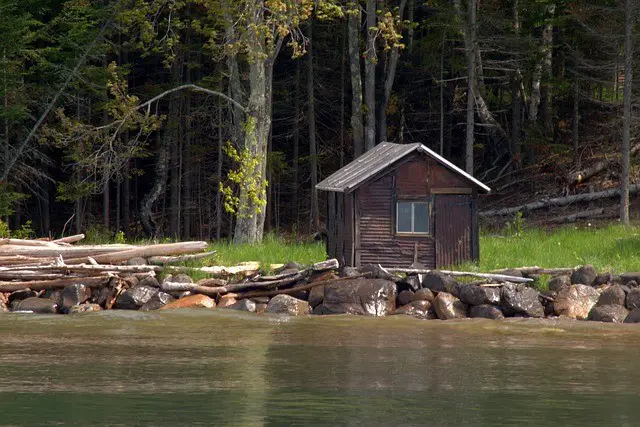Deciding to live off-grid entails careful preparation and steadfast commitment. By choosing to live sustainably, away from the hustle and bustle of the city, you are ultimately helping our planet and reducing your environmental footprint. However, it is important that you are truly prepared for what to expect from this unfamiliar lifestyle. If you are seriously contemplating off-grid living, here are some factors you need to consider.
Research thoroughly
Before listing your property in the market, you must do your research first on what it really means to live off-grid. Bear in mind that living harmoniously with nature has its own set of pros and cons, and what may be appealing to you initially may prove to be an inconvenience later on. Make sure that you are prepared to be self-reliant and take the time to go over the different resources that can teach you about off-grid living.
In addition, you should also check your financial status. You might think that going off-grid will instantly give you plenty of savings. Living sustainably will prove to be cost-efficient in the long run, but it is important to note that you still need to spend a considerable amount of money initially.
Explore your living options
The next aspect you need to consider is your living location and arrangements. Find a site that is feasible, affordable, and convenient. Keep in mind that you need to factor in several details such as land availability, taxes, and other state or area requirements. In addition, you also need to consider your transportation expenses. After narrowing your location options, you can now start exploring your living arrangements. Do you prefer to live in an off-grid cabin, or do you have plans of building an off-grid house? Make sure to weigh the pros and cons of each shelter possibility, especially the overall financial costs.
Identify your food sources
Once you have decided to live off-grid, you need to figure out your food sources. How will you feed yourself? Do you have the necessary survival skills like fishing or hunting, or do you have plans to start a vegetable garden? Remember that living off-grid technically means living independently, so make sure that you are prepared to handle everything on your own.
Look into your energy and water alternatives
Another essential aspect you need to consider is your energy and water supply sources. What are the existing energy and water options in your preferred location? How are you planning to power your house? Will you be using a solar panel, diesel generator, wind turbines, or a geothermal heat pump? Make sure that you choose the one that suits your property size and location. You also need to consider your water collection system options. You may be able to live without food for a few days, but having no access to potable water is an entirely different story. It is therefore vital that the area you chose to settle in has a reliable water source.
Before committing to a sustainable lifestyle, make sure that you do your research correctly, explore your living and food options, adopt the right mindset, and set realistic expectations so that you can enjoy your new way of life.
